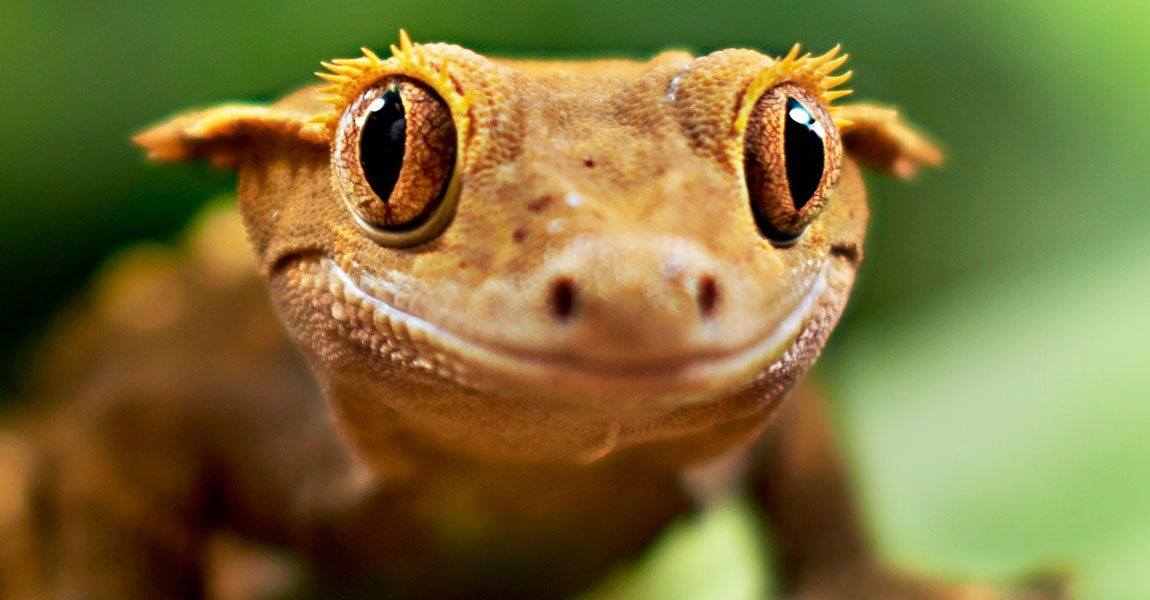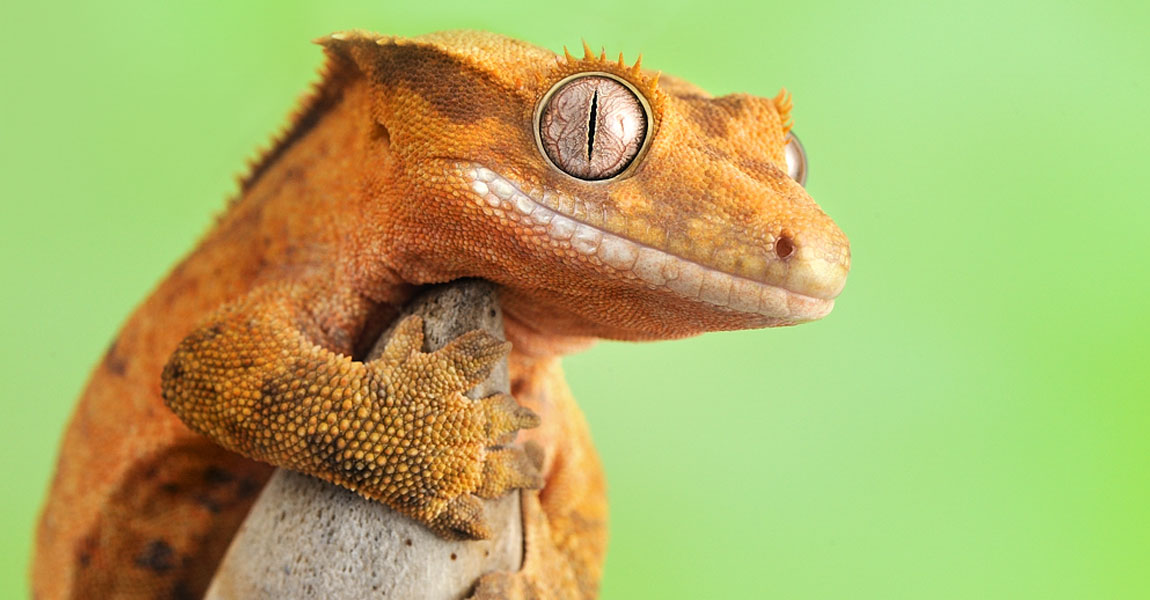Introduction:
Feeding your crested gecko a nutritious and balanced diet is essential for their overall health and well-being. These arboreal reptiles have specific dietary requirements that should be met to ensure they receive the necessary nutrients. In this article, we will explore the key elements of a healthy diet for crested geckos and provide you with practical tips for feeding them.
The Foundation:
Commercial Crested Gecko Diets Commercial crested gecko diets are the foundation of a balanced diet for your pet. These powdered diets are specially formulated to provide the necessary nutrients, vitamins, and minerals required for optimal health. Choose a high-quality, reputable brand and ensure it is specifically designed for crested geckos.
Fresh Fruit as Treats While commercial diets are essential, offering fresh fruits as occasional treats adds variety and enrichment to your crested gecko's diet. Fruits such as mashed banana, papaya, mango, and figs can be offered in small amounts. Remember to remove any uneaten fruit after a few hours to prevent spoilage and bacteria growth.
Gut-Loaded Insects as Protein Supplements Crested geckos are omnivorous and can benefit from occasional protein supplementation. Offer small gut-loaded insects, such as appropriately sized crickets, dubia roaches, or mealworms, as a treat once or twice a week. Gut-loading involves feeding nutritious foods to the insects before offering them to your gecko, ensuring they receive additional nutrients.
Calcium and Vitamin D3 Supplementation Crested geckos require adequate calcium and vitamin D3 for proper bone development and overall health. Dusting their food with a calcium and vitamin D3 supplement is essential, especially when feeding live insects. Consult with a reptile veterinarian to determine the appropriate supplementation schedule and dosage for your gecko.
Feeding Schedule and Portions Offer food to your crested gecko during the evening or night, as they are primarily nocturnal. Generally, feeding every other day is sufficient for adults, while younger geckos may require daily feedings. Observe your gecko's appetite and adjust the portions accordingly. Remove any uneaten food to maintain cleanliness.
Water and Hydration Fresh, clean water should be available to your crested gecko at all times. Use a shallow dish that is easily accessible for them to drink from. Mist the enclosure daily to provide hydration and create a moist environment. Monitor humidity levels to ensure they stay within the recommended range of 60-80%.
Monitoring and Adjustments Regularly monitor your crested gecko's weight, overall condition, and eating habits. Adjust the diet and feeding schedule as necessary. If you notice any signs of weight loss, decreased appetite, or other concerning behaviors, consult a reptile veterinarian to address any potential health issues.
Avoid Harmful Foods and Substances Certain foods and substances should be avoided as they can be toxic or pose health risks to crested geckos. These include citrus fruits, onions, garlic, caffeine, alcohol, and foods high in sugar, salt, or fat. Stick to safe and appropriate options to ensure your gecko's well-being.
Conclusion:
Providing a healthy diet for your crested gecko is crucial for their growth, vitality, and longevity. By incorporating commercial crested gecko diets, occasional fresh fruits, gut-loaded insects, and proper supplementation, you can ensure they receive the necessary nutrients for optimal health. Regular monitoring, hydration, and avoiding harmful foods are also key factors in maintaining a balanced diet. Remember to consult with a reptile veterinarian for personalized guidance and to address any specific dietary concerns.





